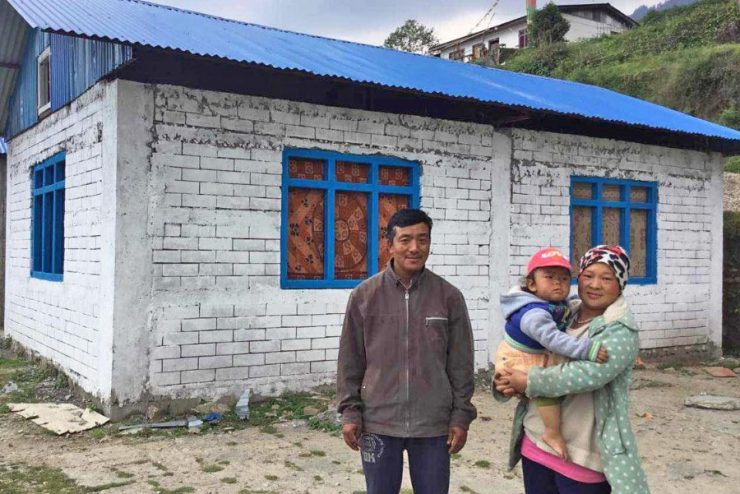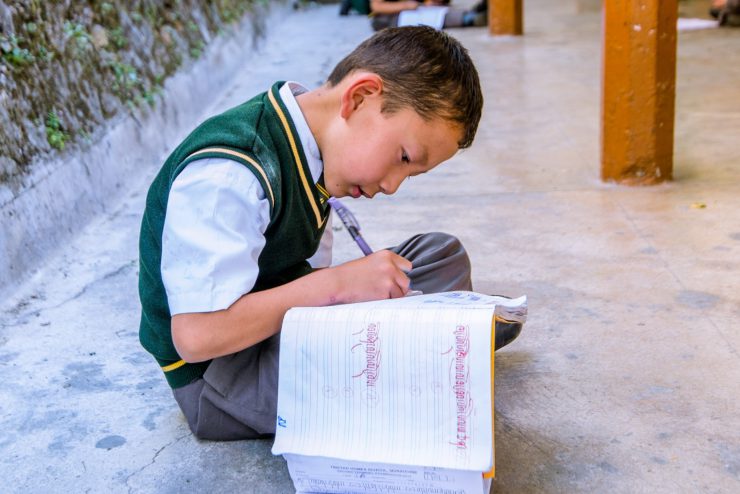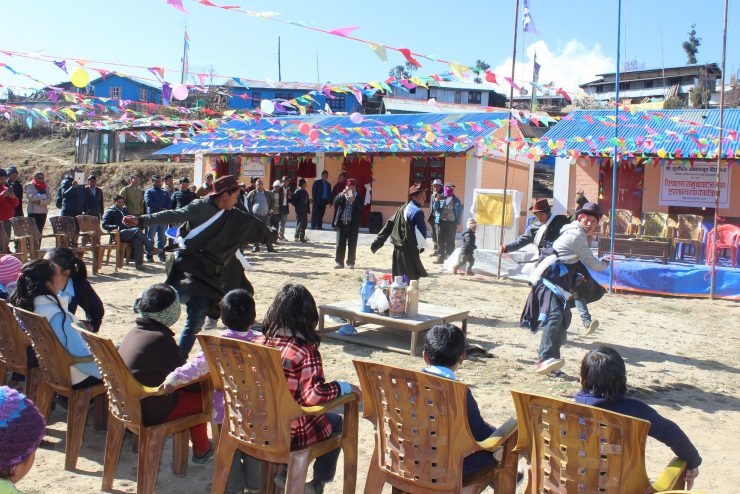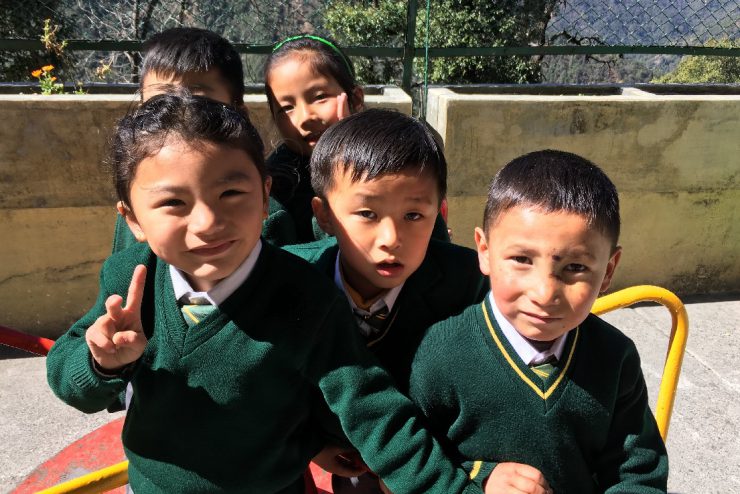Tibet’s former freedom fighters, now elderly and unable to support themselves, faced an uncertain future when the previous charity providing stipends suddenly withdrew support. When we were asked for help, we were able to fund food, clothing, housing and healthcare for 325 Lodrik residents.
After the forceful occupation of Tibet by the Chinese in 1959, a Tibetan guerrilla movement was formed in secrecy, consisting of over 2000 volunteers. This movement was named a Loe-Drik-Tsuk (popularly known as “Khampa Guerilla”), which actively engaged in various tasks for the restoration of Tibet’s freedom. Their work was carried out over a 14 year period, from 1960-1974. Many volunteers sacrificed their lives resisting the Chinese occupation of Tibet.
In 1974, respecting the advice of His Holiness the Dalai Lama, they closed the guerrilla movement and shifted to Pokhara by surrendering their weapons to the government of Nepal. The Nepalese government then allocated them a plot of land for resettlement, and the Jampaling and Paljorling Tibetan refugee camps were established. Their only sources of livelihood were carpet weaving, wool spinning and handicrafts.
From 1991, the carpet industry across Nepal declined to such an extent that the Lodrik communities had to close most of their business units. At present, unemployment is at its highest rate ever. Due to lack of opportunity, skills and the increasingly uncertain political situation of Tibetans in Nepal, the Lodrik communities today face great difficulties in acquiring basic amenities like health care and education.
Message from Wangyal Lama, Chairman, Lodrik Welfare Fund
“Despite the political situation, our elders continue to engage in their daily routines of Buddhist prayers, circumambulating Tibetan monasteries and temples, earning merit and preparing for their next life. The stipends have been a life-saving instrument to the elders under our care who are unable to work and have no savings at their disposition, in addition to deteriorating health at their vulnerable age.”




